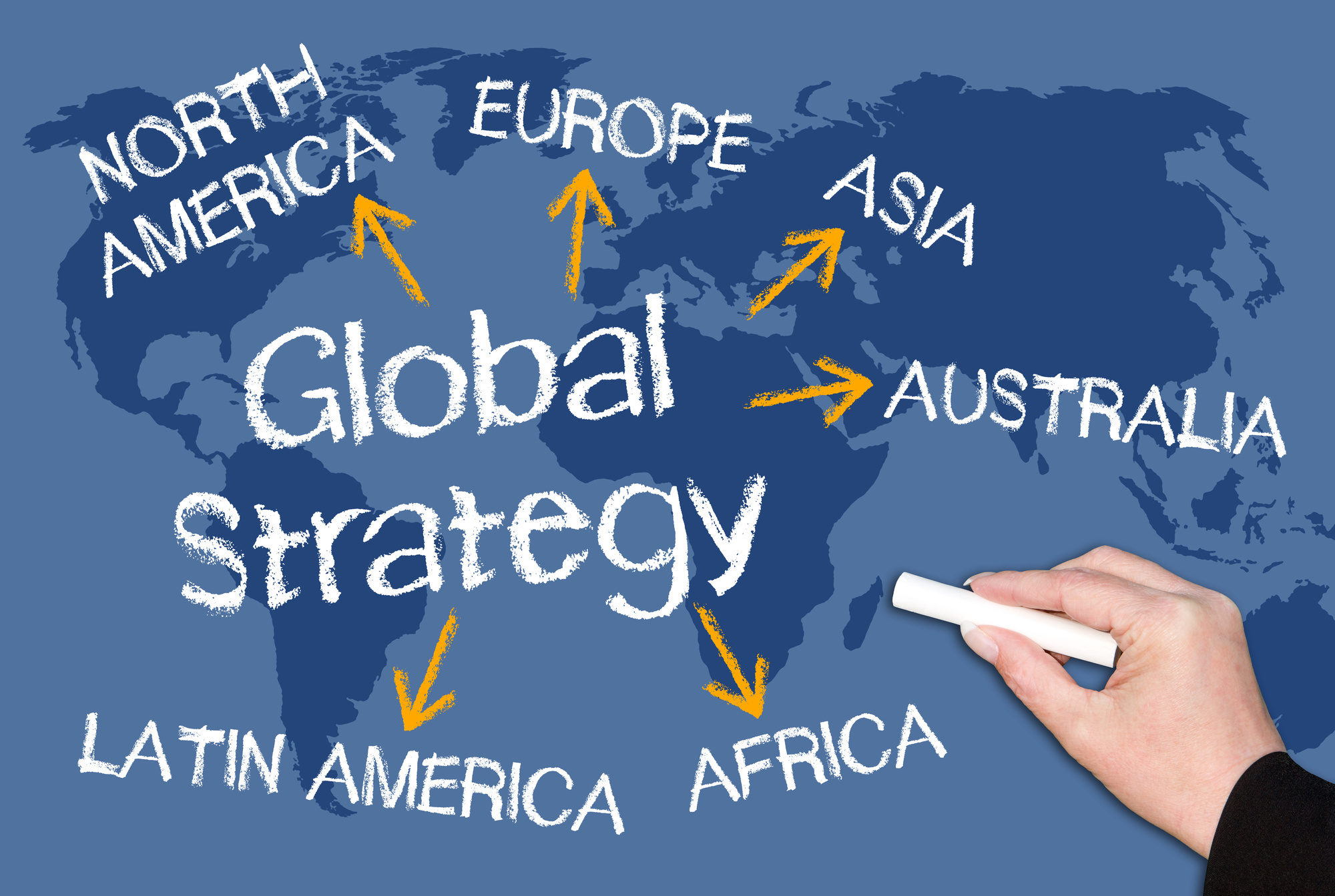How successful is your business today? Do you think you can market it overseas? Think about the possibilities and new avenues you could explore if you could market out to people in China, India, or Mexico.
There is but one problem: not everyone speaks English.
As a matter of fact, only 378 million people in the world use English as a primary language. More people speak some form of Chinese and Spanish. You won’t be able to reach out to those markets until you have a functional international marketing strategy.
But why exert the effort? Why learn another language or hire people who do?
Here are 8 benefits of international marketing strategies:
1. Fluid Communication
Ever walked into a business meeting and the speaker was already halfway through his or her presentation? You’ll get lost and confused. Amplify that sensation and you’ll understand how both parties feel when they don’t speak the same language.
If you speak English but your potential partner speaks in Mandarin, communication gets bogged down. You’ll have to wait for a translator to mediate the conversation. Not only is this slow but the translator may not get the right message across.
2. No Misunderstanding
Another reason for a strong international marketing strategy is to avoid confusion. You may have used the word “goals” but the translator used the word “sales” when relaying the message to the other party. This could lead to different expectations.
Some words in English might sound like another word in different languages. They could sound ridiculous to the other party or downright offensive. This could create tension between you and the other side.
Avoid these misunderstandings by having more marketing language options.
3. Builds Stronger Relationships
Sure, you can expect most business professionals to speak English but they will respect you more if you can speak in their native tongue. It shows you have respect for their culture and that you value what they have to offer.
You’ll be able to market and communicate in a language they fully understand and grasp. The effort showcases how dedicated you are to building that bridge between both parties.
This helps strengthen the bond your company has with its overseas partners. In return, you can expect them to start improving their marketing strategies in English too. Keep in mind that they’re trying to work on their international marketing strategies too.
4. Opportunity for Offshore Markets
Want to open a warehouse in Japan or hire employees for a remote site in the Philippines? You’ll have a higher chance of doing so if you are a multilingual marketer.
By forging stronger relationships offshore, you may get the opportunity to build more affordable overseas sites. This ensures you can hire more employees or deliver products to customers on that side of the world.
This is crucial for companies that want to offer their products or services outside the country. Why focus on building offshore markets? This leads to the next benefit: affordable marketing.
5. Affordable International Marketing Strategy
Shipping from the US to Japan, for example, is expensive on a small scale which makes it smarter to have a warehouse closer to that target area.
Converting all of your marketing materials from English to another language may sound like a long and expensive ordeal but it’s the cheaper option at the end of the day. The rewards of quicker and faster shipping, stronger marketing, and international brand recognition pay for themselves in the long run.
You also have to consider the costs of repairing missed marketing opportunities or mistakes. Did your English slogan offend people overseas? Now you’ll have to spend even more to undo the damage and recuperate.
6. Stronger Response from Audience
One of the reasons people buy products is because of the people they encounter. If they feel welcomed and entertained by the company, they’re more likely to make a purchase. Good marketing and an excellent product come crashing down when you can’t relate to your audience.
You can connect better with your audience by speaking their language. As mentioned, it shows your business cares about them and that it’s not only about the money.
Where can you find this strong response the most? The answer lies in social media.
7. Easier Social Media Management
How do you know people love your business or your products? All you have to do is get online and check for brand mentions on social media. See how many people like, share, and leave positive comments on the posts you put out.
If you market in different languages, you’re including the consumers in the discussion. This helps make them feel welcomed and it allows them to participate.
Facebook already sets a great example. The popular social media platform, with over 2 billion users, is available in multiple languages.
Sure, you can use auto-translate to read comments but those tools don’t take into account images, memes, and socio-political jokes or jargon. You won’t be able to properly deal with social media engagement until you can speak their language and understand their slang.
8. Consistent Customer Service
One major cause for customers to give negative reviews or start campaigning against the business is when customer service doesn’t live up to standards.
Imagine the kind of ugly situation you’ll run into if a customer didn’t get what they ordered and can’t get a refund because your customer service employees don’t speak the native language. Not everyone can speak English and some folks might not even try communicating their problem if they can’t speak in their native tongue.
Discover More B2B Strategies Today!
These are only some of the biggest benefits of having an international marketing strategy. Keep in mind that at the end of the day, the goal is to avoid confusion, build relationships, and open new avenues for you to reach out to.
But don’t close the doors there.
Every day there’s something new to learn. There are always more B2B strategies to master.
This is where we come in. If you’re looking for more guides, visit us today! Check out our other tips and tricks, like this one tackling the steps in marketing research.












Comentarios
No Comments